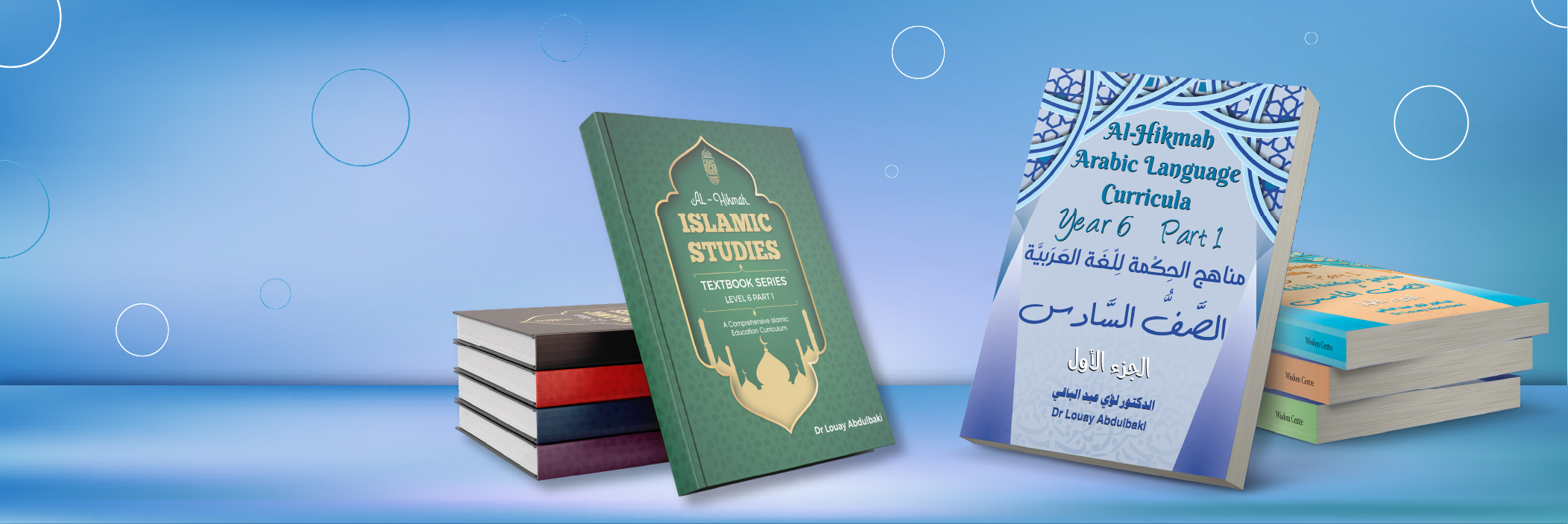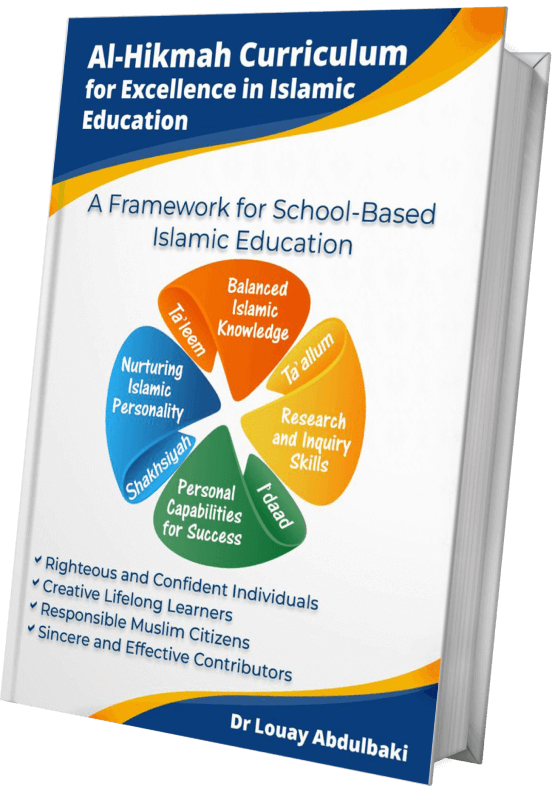Welcome to Wisdom Center

Towards a Framework for World-Class School-Based Islamic Education
Al-Hikmah Curriculum places the learners at the heart of education and arms them with the relevant knowledge, dispositions and skills that prepare them to face the challenges of their time as good Muslims and confident contributors.
Al-Hikmah Curriculum aspires to develop young Muslim learners into:
- Righteous and Confident Muslims
- Creative Lifelong Learners
- Responsible Muslim Citizens
- Sincere and Effective Contributors


Promoting World-Class Islamic Education
The development of a world-class Islamic education curriculum is a shared responsibility and an important aspiration of all Islamic education experts, institutions and practitioners. Wisdom Consulting and Training is collaborating with various Islamic schools and stakeholders to make this vision a foreseeable reality and has reached a major milestone in this collaborative process.
Al-Hikmah Curriculum is an ongoing collaborative effort, which has been progressing, particularly over the past five years, with the active participation and contributions of several Islamic schools, experts and experienced teachers. In the previous version, the three important elements that constituted the central focus of the curriculum were Personalisation/Customisability, Relevance and Collaboration. We engaged key stakeholders and conducted surveys and personal interviews with school leaders, Islamic studies coordinators and teachers, curriculum experts, and Muslim parents. As a result, more than one hundred textbooks were developed and/or customised in collaboration with several Islamic schools to reflect the needs and interests of their students.
In the current phase of the curriculum review, we are conducting professional-targeted consultations and engaging nationally and internationally renowned Islamic scholars and academics, curriculum experts, school leaders, and Islamic studies coordinators. The aim of this review process is to contribute to the development of a framework for world-class school-based Islamic education curriculum, based on which Islamic schools would be able to develop or customise Islamic education and teaching programs that make teaching and learning meaningful, relevant and responsive to the needs of their students and aspirations of their communities.


Islamic Education: A Brief Background
Islamic schools in Western societies provide much needed education services to the Muslim communities and young Muslim students. Although many of these schools are remarkably successful in terms of academic performance and achievements, research shows that most of them need to develop effective and responsive Islamic education curricula (Abdalla, 2021). For more than four decades, contemporary Islamic scholars and educators across the world have been discussing the necessary knowledge, dispositions, skills and capabilities young Muslims need to attain to grow as righteous and successful individuals who can face the challenges of our time (Husain & Ashraf, 1976; Al-Attas, 1979; Ashraf, 1985; Sarwar, 2001; Hashim, 2007; Memon, Alhashmi and Abdalla, 2021). The twenty-first century’s advancement and rapid spread of technology and communication systems are affecting peoples’ values, beliefs and cultures, and transforming how individuals interact, think, and work. As the number of Muslims living in non-Muslim societies is rapidly rising, the challenges we, as Muslims, face have become extraordinarily without precedent. What kind of Islamic education do we need to prepare the younger Muslim generations to successfully face the challenges of the twenty-first century and become effective members of their societies without compromising their faith or losing their Islamic identity?
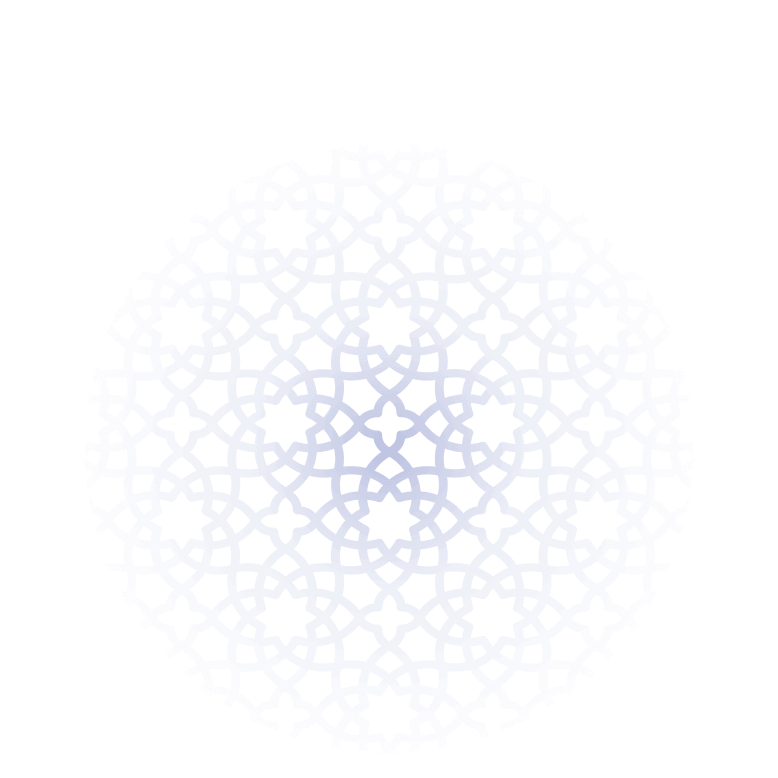
Al-Hikmah Curriculum: Vision and Aspirations
Al-Hikmah Curriculum aspires to become internationally recognised as a world-class Islamic education curriculum that places the learners at the heart of education and arms them with the relevant knowledge, dispositions and skills to face the challenges of their time and place as good Muslims and confident contributors.
Al-Hikmah Curriculum will provide Islamic schools with a framework for designing, shaping, reforming and improving their Islamic education curricula and help teachers develop teaching programs that make teaching and learning meaningful and responsive to the needs of their students and the aspirations of their communities.


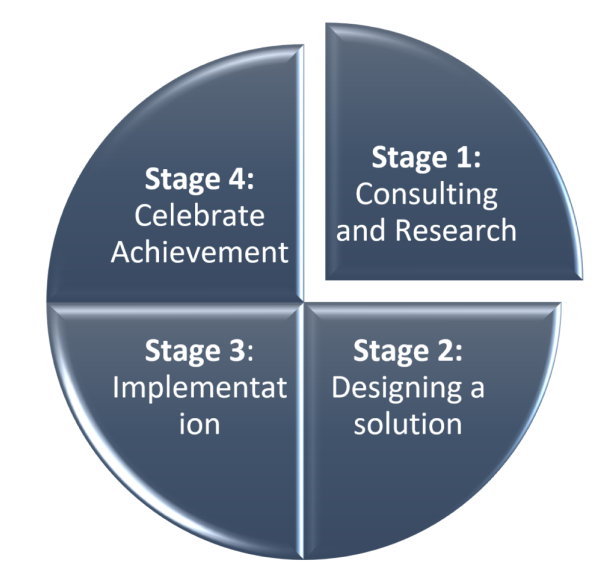
What is new in Al-Hikmah Curriculum 2.0
Whereas the first version of Al-Hikmah Curriculum (2018-2022) focused on Personalisation, Relevance and Collaboration, version 2.0 will add to that a more systematic student-centred and inquiry-based approach which incorporates a four-dimensional structure, including, Ta’leem (imparting authentic Islamic knowledge), Ta’allum (learning to learn – research and inquiry skills), Shakhsiyyah (nurturing Islamic personality) and I’daad (building personal capabilities and preparation for life). As such, Al-Hikmah Curriculum 2.0 will provide opportunities for students not only to develop balanced authentic Islamic knowledge, but also to build the skills, dispositions and capabilities they need to succeed in this life and in the Hereafter. Students will develop the ability to research contemporary Islamic issues relevant to their lives, formulate questions, think critically and creatively, solve problems, communicate effectively, and make informed decisions.
Students' learning will be guided by key ideas and questions such as:
Who we are as human, Muslims, nations, societies and individuals, why did Allah SWT create us, what is the essence and purpose of our life, what is our place in this universe, what do we know about life after death, how do we find answers to these questions, what authentic sources of knowledge are available with regards to these questions, what challenges and opportunities do we face today, and how do we prepare ourselves to meet the challenges of our time and participate effectively in shaping our future and societies.


Process: Ongoing Reform and Development
Al-Hikmah Curriculum is, and will continue to be, a work on progress. As such, the process of its development progresses through an ongoing cycle of phases. Each phase lasts for three to five years and consists of the same four stages:
- Stage 1: Consulting and Research.
- Stage 2: Writing or Revising the Curriculum.
- Stage 3: School-Based Customization and Implementation.
- Stage 4: Evaluating achievement and review (progressing to stage 1 of a new cycle).


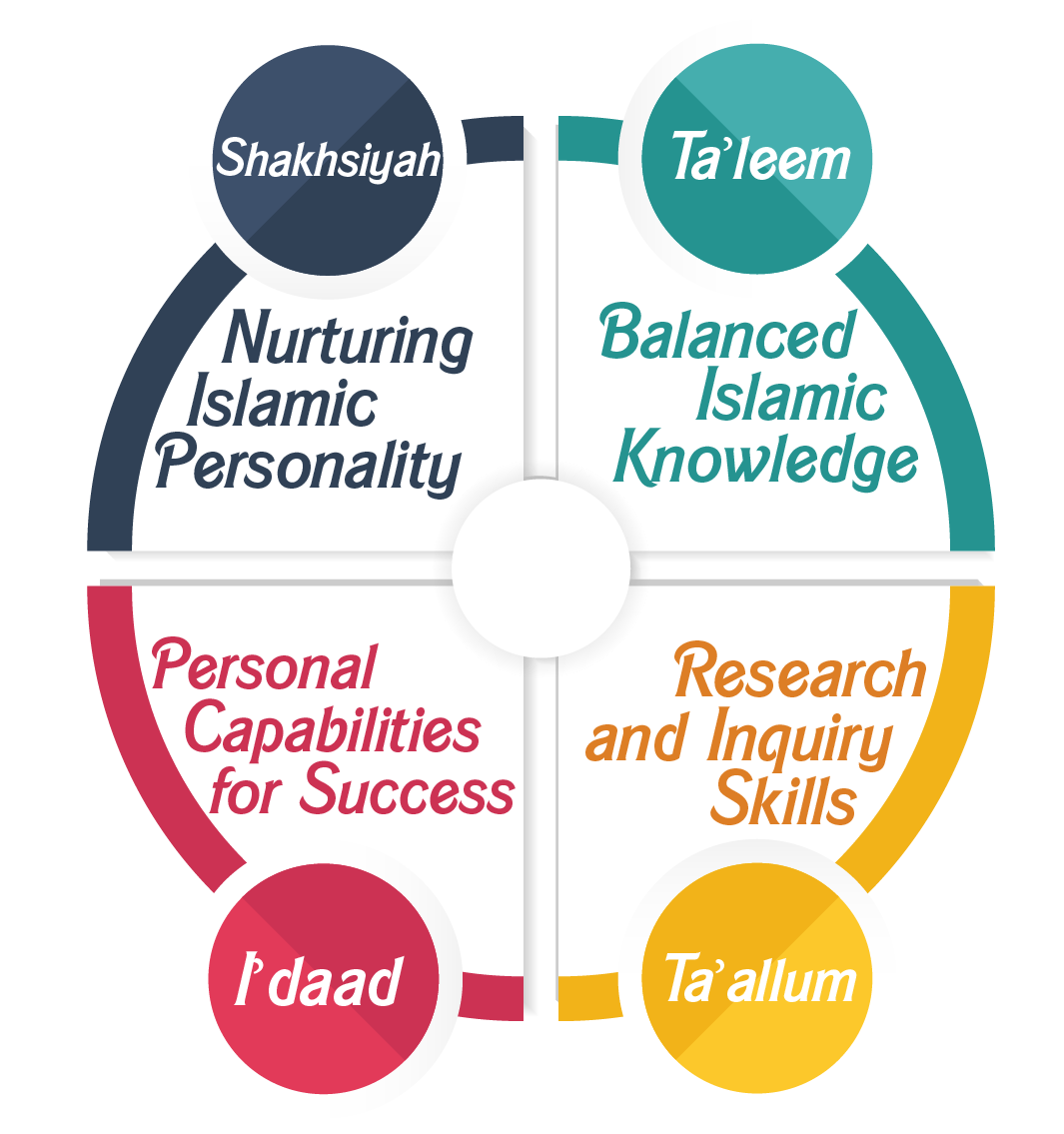
Structure: The Four Dimensions of the Curriculum
Al-Hikmah curriculum consists of four integrated dimensions, including:
- Ta’leem (تعليم): Imparting balanced Islamic knowledge,
- Ta’allum (تعلُّم): Developing learning and research skills,
- Shakhsiyyah (شخصيَّة): Nurturing the balanced Islamic personality,
- I’daad (إعداد): Building personal capabilities and preparing for life.
These dimensions are not taught separately. The first dimension, ta'leem, constitutes the core content of the curriculum, while the other three dimensions should be integrated into the ta'leem content whenever possible in an authentic way.
